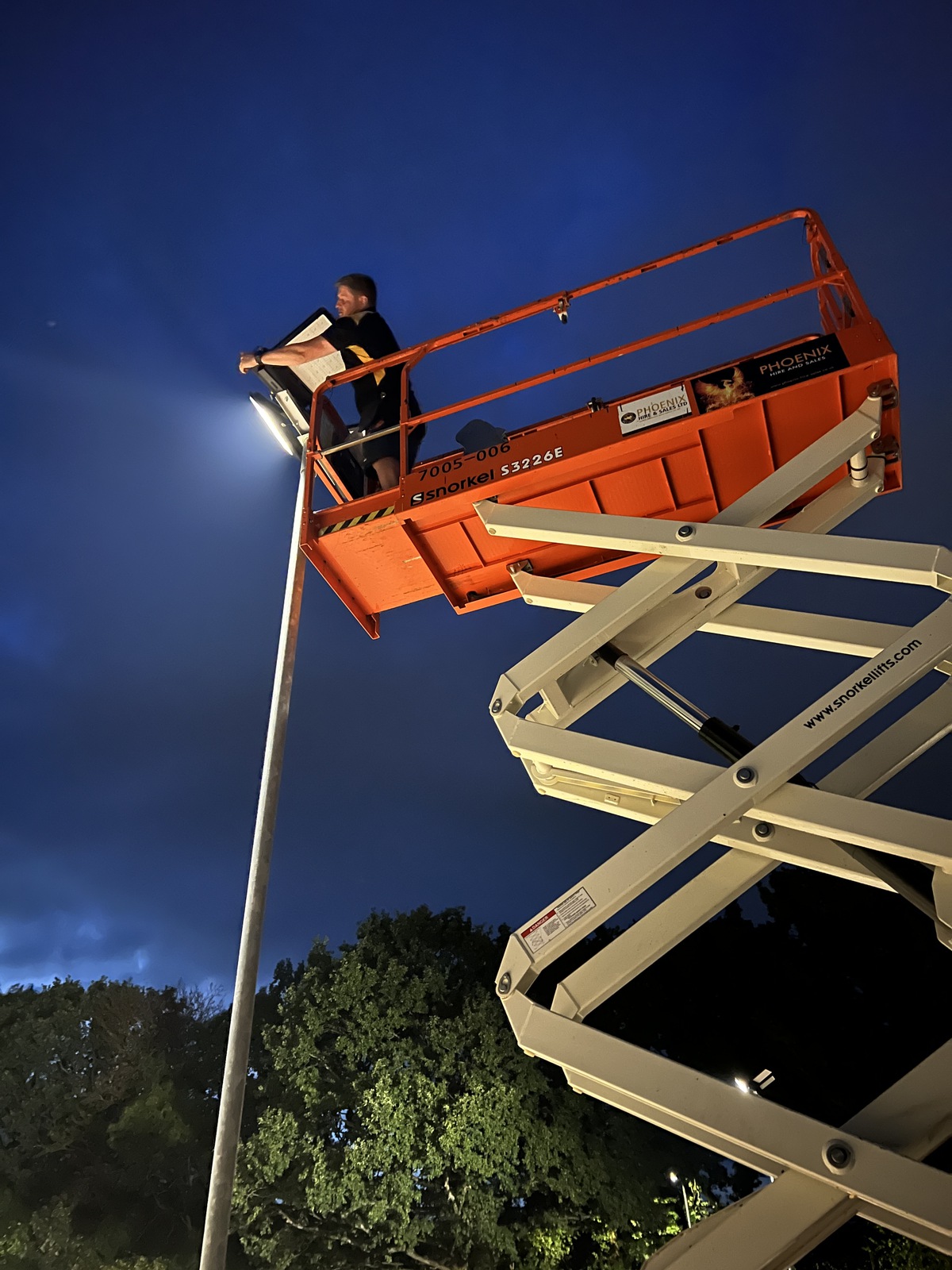What we cover
Solar Photovoltaic (PV) uses energy captured from the sun and via an inverter, converts it into electricity to supply your home or business. Any excess electricity that is not used can then be stored for later use by an EES (Electrical Energy Storage) system.
How does Solar PV work?
Solar PV panels which are installed on the roof of a property are made up of layers of semi-conducting material such as silicon. When sunlight shines on this material, it becomes energised and a flow of DC electricity is created.
The DC electricity is then passed through an inverter to convert it to AC current which can then be used throughout the home or business premises.
How does Battery Storage work?
In addition to a Solar PV system – any electricity generated by the solar panels and not used by the household or business, is then stored in batteries for those times when the sun isn’t shining (e.g. at night). If the batteries run out, you can still draw electricity from the grid.
Battery system can also be used without Solar PV and be connected to an existing electricity supply (via an economy 7 meter for example) which provides a cheaper tariff during the evening. The battery system is able to be charged during these hours of cheaper electricity and used during normal hours.
At J.S Electrics (JSE) Ltd, we provide a free, no obligation survey of your premises. Following a site survey, a full in-depth document providing information on energy performance, payback period and return of investment will be issued.
As members of the Renewable Energy Consumer Code, our business has been through a rigorous application process and is regularly audited to ensure compliance with the code. More information on the RECC can be found at www.recc.org.uk.
Working closely with our partners at CW Roofing Services Ltd, our clients can be rest assured that all roofing works are completed by a professional accredited and reputable company.






